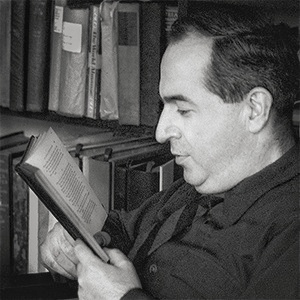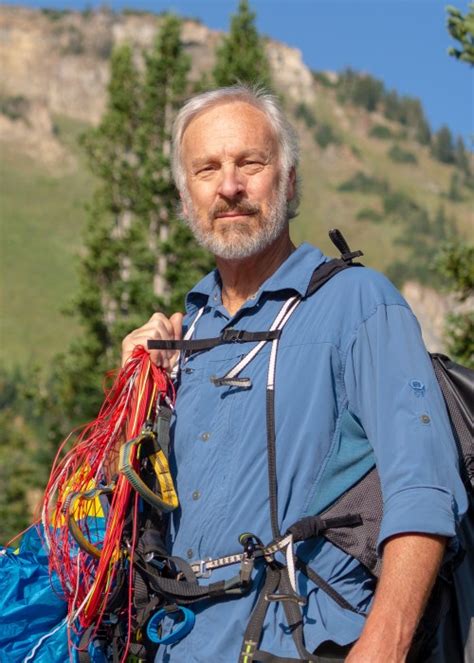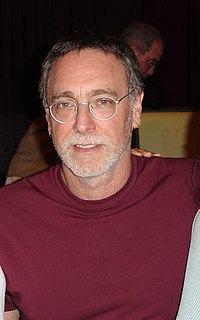A Quote by Mary McCarthy
In moments of despair, we look on ourselves lead-enly as objects; we see ourselves, our lives, as someone else might see them and may even be driven to kill ourselves if the separation, the "knowledge," seems sufficiently final.
Related Quotes
Human beings are complicated and flawed and unique, but we all have a story to tell. Gone are the days where our lead characters can only look like somebody else. Heroes look like all of us. We see ourselves in each others' stories. We see who we are. We see who we want to be. Sometimes we see who we don't want to be. And through that we have a greater understanding of ourselves and acceptance of each other.
We need to stop comparing ourselves to others, and stop patting ourselves on the back for attaining artificial measurements of spirituality. We need to take care that we do not think we are something we are not, or else we may deceive ourselves, setting ourselves up for rebuke in the future when we see Christ face to face
The lives of most people are small tight pallid and sad, more to be mourned than their deaths. We starve at the banquet: We cannot see that there is a banquet because seeing the banquet requires that we see also ourselves sitting there starving-seeing ourselves clearly, even for a moment, is shattering. We are not dead but asleep, dreaming of ourselves.
We may know ourselves, and yet even with all the efforts we make, we do not know ourselves. We know our fellowman, and yet we do not know him, because we are not a thing, and our fellowman is not a thing. The further we reach into the depths of our being, on someone else's being, the more the goal of knowledge eludes us.
Yet still, there are those special secret moments in our lives, when we smile unexpectedly-when all our forces are resolved. A woman can often see these moments in us, better than a man, better than we ourselves, even. When we know these moments, when we smile, when we are not on guard at all-these are the moments when our most important forces show themselves; whatever it is you are doing at such a moment, hold on to it, repeat it-for that certain smile is the best knowledge that we ever have of what our hidden forces are, and where they lie, and how they can be loosed.
We need to remember to teach our children that solitude can be a much-to-be-desired condition. Not only is it acceptable to be alone; at times it is positively to be wished for.....In the silence we listen to ourselves. Then we ask questions of ourselves. We describe ourselves to ourselves, and in the quietude we may even hear the voice of God.
Acceptance. We want someone to look at us, and really see us—our physical flaws, our personality quirks, our insecurities. And we want them to be okay with every square inch of who we are. We’re always afraid we might be too needy or too much work. We put all these limitations on ourselves and our relationships because we’re afraid that we’re not really loved. That we’re not really accepted. We hide little pieces of ourselves because we think that might be the one thing that finally drives away the person who’s supposed to love us.
What we see in the outer is but a reflection of the inner, because we surround ourselves with a picture of our own beliefs. In other words, we manifest in general what we seriously think and believe. So if we want to find out what our habitual thinking is like, we have but to look around us and ask ourselves what we really see.
We can carry the burden of hurt throughout our lives. We can make the hurt that we have experienced the defining aspect of our stories of ourselves. That means that somebody else gets to say who we are, somebody else gets to decide how we feel, and somebody else gets to decide how we see the world. Forgiveness not only frees us from the burden of someone else's opinion of us, but it allows us the opportunity to really write a story of ourselves that we can love, enjoy, relish, and live into.







































